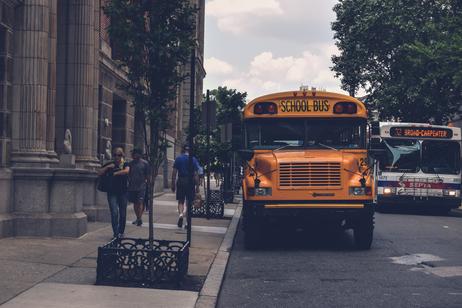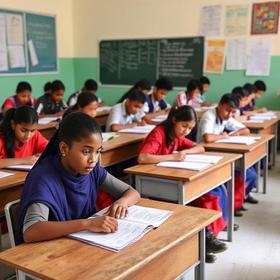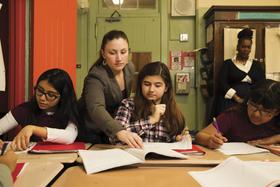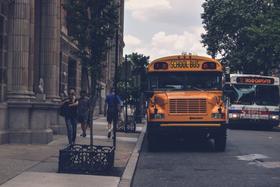Students in the Highland Park School District in Michigan are consistently failing at one of the foundational skills necessary for a productive academic and professional life – the ability to read. With a concerning number of students within the district reading well below grade level, the ACLU has decided to take matters in its own hands. The organization has filed eight lawsuits against the school district and the state of Michigan on behalf of students and their parents. The charge? Failure to teach children to read.
This video explains reading levels.
Obscure Law Fuels Lawsuit Fire
According to the , the ACLU has filed a class-action lawsuit in Wayne County Circuit Court. The lawsuit alleges that the school district and the state have failed to do their job in ensuring students within the Highland Park School District can read at grade level. The lawsuit further asserts that although students are supposed to be provided with “special assistance” if they don’t make grade-level proficiency in grades four and seven, these students were not given any additional help to bring their reading skills up to par.
The lawsuit calls on an obscure law on the Michigan books known as the “right to read” provision. This law enacted by the state legislature in 1993 states, “A pupil who does not score satisfactorily on the 4th or 7th-grade MEAP reading test shall be


































